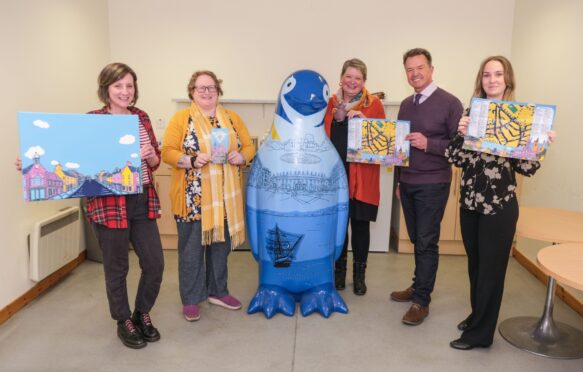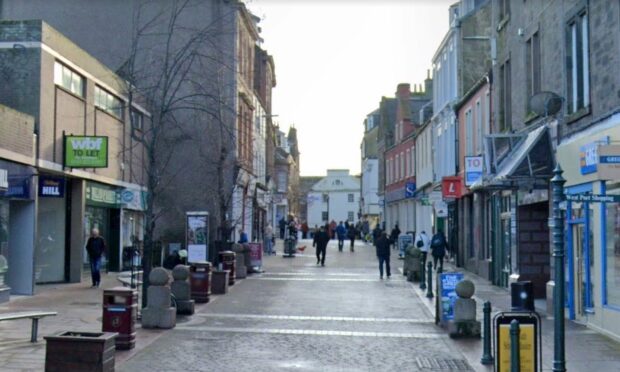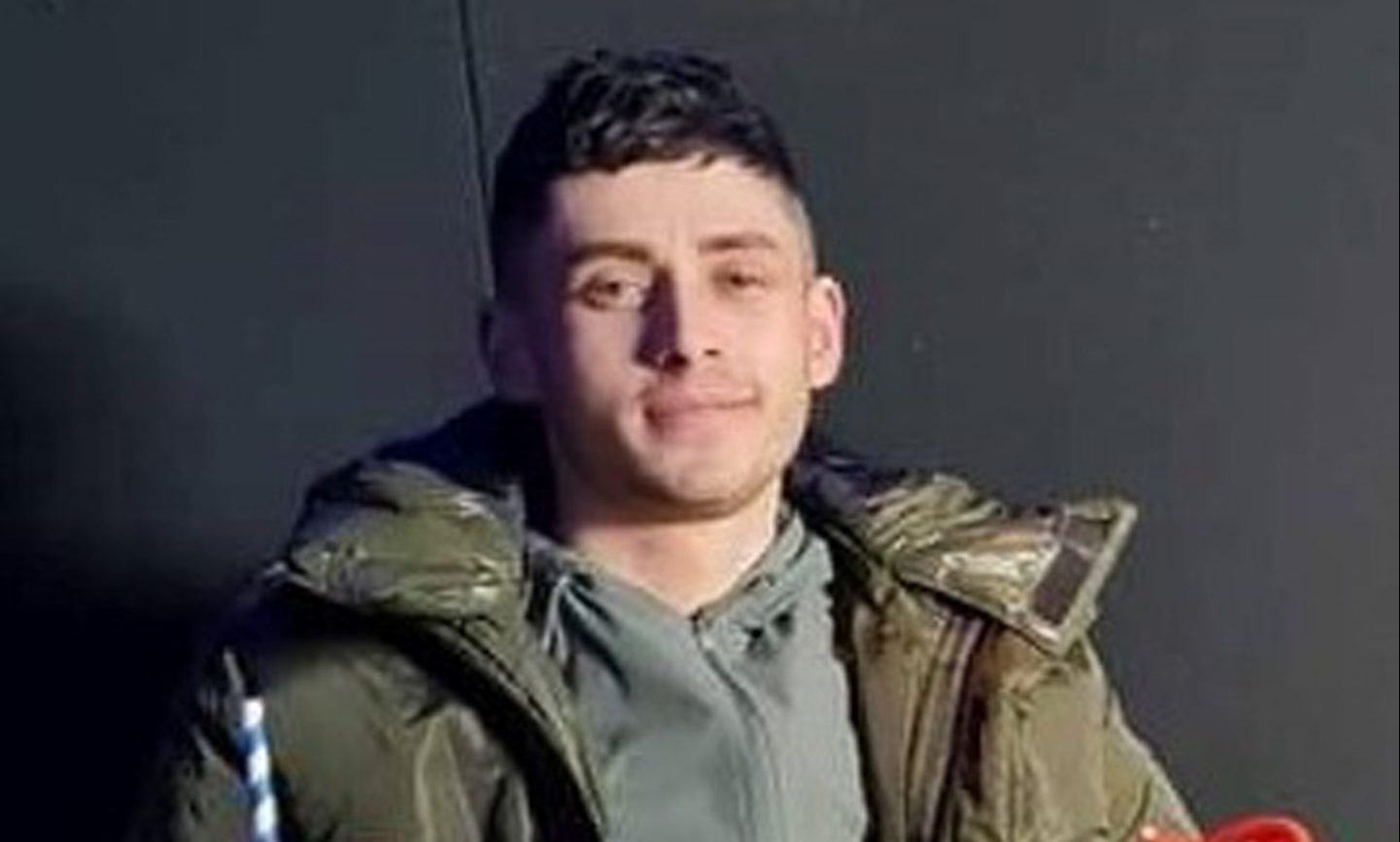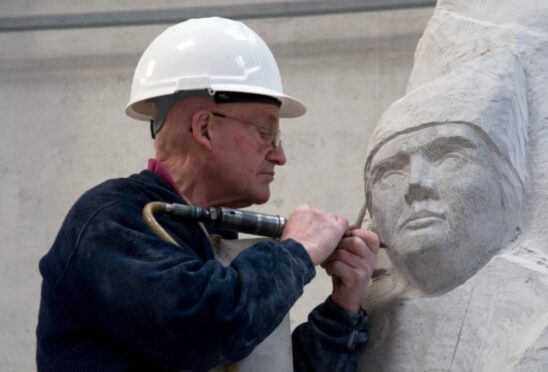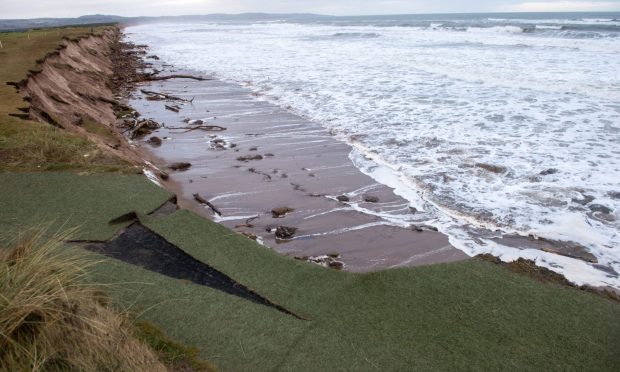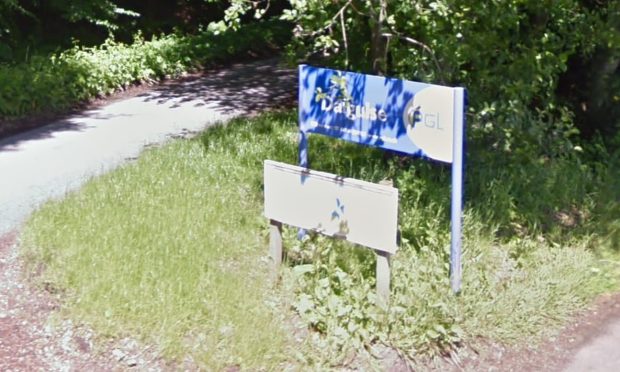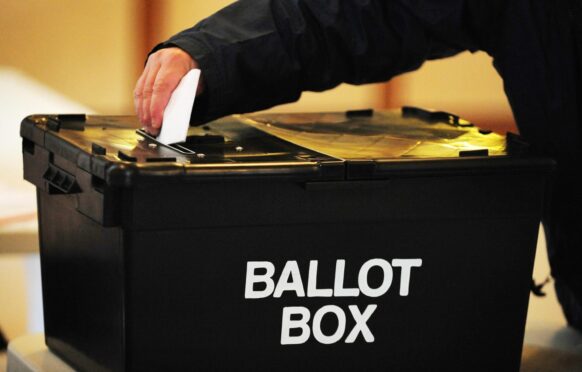A Tayside dad’s plea for a national card to protect vulnerable autism sufferers is to be taken to the corridors of power.
Mark Davies, whose son Eli, 11, has autism, raised the issue with Angus South SNP MSP Graeme Dey who is now taking the matter forward to the Scottish Parliament.
The Angus campaign has also received a further shot in the arm after the idea was given the backing of dedicated charity Scottish Autism.
The card would help authorities and emergency service providers to better understand people with autistic behaviour, as most patients find it difficult to communicate with others about their disability, particularly during an emergency.
A similar card, which can be shown to police officers and other first responders to make them aware the holder has autism, has been introduced by the police in the Australian town of Albany.
Mr Davies from Arbroath said: “As the father of an autistic child, one of my fears for the future is if my son has to interact with the police or other emergency services.
“Many people with autism have significant issues with social interaction, and they may react in an unexpected way, which can appear to be aggressive especially if they are touched or grabbed, as this can be extremely distressing to them.
“This means that an otherwise ordinary contact with a police officer for example, could escalate very quickly, and see the person forcibly restrained, which makes the situation much worse.
“I appreciate that the emergency services do receive some training on how to recognise sensory disorders like Autistic Spectrum Disorder, but I think the training needs to be more comprehensive.
Mr Davies added: “Although ‘unofficial’ cards are currently available, I believe that a government approved card, issued by a GP or other health-care provider, which also carries emergency contact details, could be incredibly useful, not just for people with autism, but for those who interact with them in an official capacity.”
Angus South SNP MSP Graeme Dey, who is the deputy convener of the Cross Party Group on Autism in the Scottish Parliament said: “This strikes me as a very worthwhile proposal, deserving of detailed consideration.
“I’m sure it is something members of the CPG might want to consider the merits of, but I will also be writing to the Scottish Government to bring it to their attention.”
Charlene Tait, Director of Autism Practice & Research at Scottish Autism said: “While we have been involved in some pilot projects to introduce autism aware cards in different regions of Scotland, we do feel there would be merit in developing a standard, nation-wide card.
“Autism awareness training for those in some public-facing roles would also be beneficial to ensure autistic people get the right kind of support when it is required.
“Provided such an initiative was properly planned with the input of professional practitioners and the autistic community, it could be another helpful step forward in increasing the public of understanding of autism.”

